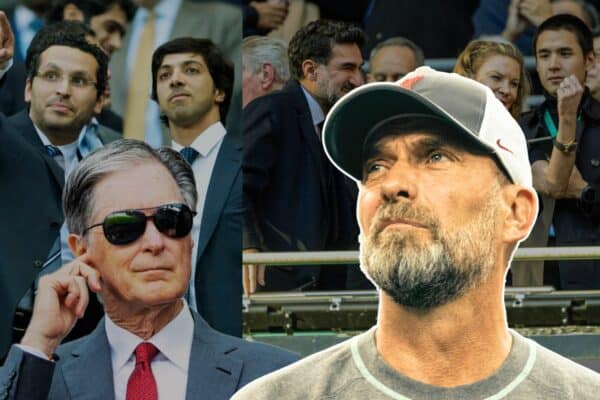Football financial advantage can reduce failure but does not ensure success.
Almost all levels of football experience financial inequality, regardless of how many zeros are at the end.
We’ve seen Wrexham rocket up the non-league divisions; in Scotland, Celtic then Rangers dominate financially; and the gap between Luton Town and Man City in the Premier League is enormous.
It is simple to whine about other teams’ spending millions on players and derailing your own team’s goals. We all do it—at least Liverpool supporters do—and we ought to.
Clubs have an unfair advantage since they can afford to pay astronomically higher wages, transfer fees, and agency incentives, yet as The Beatles famously said, “money can’t buy you love” or “success.”
When Chelsea outbid Liverpool for Moises Caicedo, setting a British record, it almost seemed strange. Chelsea then made a surprise offer for Romeo Lavia, who the Reds also rejected.
The idea that Al-Ittihad would spend more than £200 million for Mo Salah makes supporters feel powerless. Nearly every player power exists, for better or worse.
Fortunately, having money doesn’t always translate to success for clubs like Liverpool, who nevertheless seek to compete at the very top without the resources of oil-rich nations.
Even though money is the main determining element, some teams can still compete when everything goes according to plan and perfectly for them.
But the issue is right there. In the case of the Premier League, clubs without the enormous money of Man City, Chelsea, or Newcastle, it is uncommon for everything to come together to create the ideal recipe for success.
The margin for error for Liverpool is reduced, which is something that Jurgen Klopp may have been fixated on in terms of the transfer market.
When Roman Abramovich acquired Chelsea in 2003, they were the initial oil-funded Premier League venture. Since then, they have been one of the clubs to make significant financial investments.
Super leagues and football controlled by human rights violating states are, of course, far from appealing to the average fan who just wants to see their team perform well each week.
That is not to imply that we ourselves live in a perfect environment, but football is rapidly separating itself from average fans, although this is nothing new.

